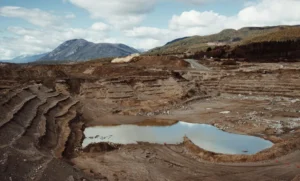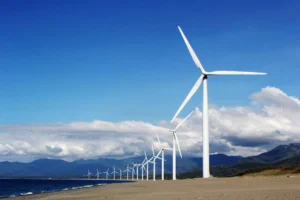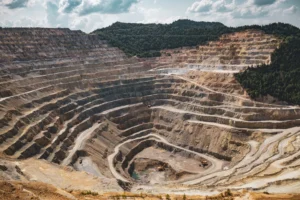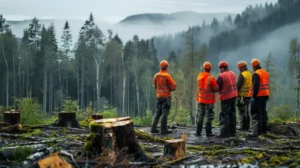In today’s environmentally conscious world, proper waste management has become more crucial than ever. Learning how to store trash and recyclables correctly not only helps maintain a clean living space but also contributes significantly to environmental preservation.
This comprehensive guide will walk you through essential trash and recycling storage tips that can make a real difference in your waste management routine.
Trash and Recyclable Storage Importance

How should trash and recyclables be stored? This question has become increasingly relevant as we face growing environmental challenges. Proper storage affects everything from your home’s cleanliness to the efficiency of recycling facilities. When waste is stored incorrectly, it can lead to pollution, contamination, pest problems, and decreased recycling effectiveness.
Trash Storage

One of the first steps in mastering how to store trash and recyclables is creating an efficient system for regular waste. Here are some proven strategies:
Kitchen Waste Management
- Install a dual-bin system with separate compartments for wet and dry waste
- Use pedal-operated bins to maintain hygiene
- Consider under-counter pullout systems for space efficiency
- Empty bins regularly to prevent odor buildup
Outdoor Storage
- Invest in sturdy, weather-resistant containers
- Place bins in a shaded area to minimize odors
- Ensure lids are securely fastened to deter pests
- Create a dedicated storage area away from living spaces
Following these trash and recycling storage tips can significantly improve your waste management routine while maintaining a sustainable living environment.
Detailed Guide to Trash Storage

When considering how to store trash and recyclables, it’s crucial to understand what belongs in trash storage. Here’s a complete breakdown:
Items for Trash Storage:
- Non-recyclable plastics (bubble wrap, plastic bags, styrofoam)
- Contaminated food packaging
- Disposable diapers and personal hygiene products
- Broken ceramics and dishware
- Food waste (if composting isn’t available)
- Used paper towels and tissues
- Contaminated aluminum foil
- Broken household items
- Pet waste and cat litter
Advanced Trash Storage Solutions:
- Use heavy-duty garbage bags rated for your specific waste type
- Implement a three-bin system: general waste, organic waste, and hazardous materials
- Consider installing a built-in trash compactor for volume reduction
- Use deodorizing tablets or natural absorbers like baking soda in bins
- Install motion-sensor bins in high-traffic areas
- Create a dedicated space for temporary storage of large items awaiting disposal
Recyclables Storage
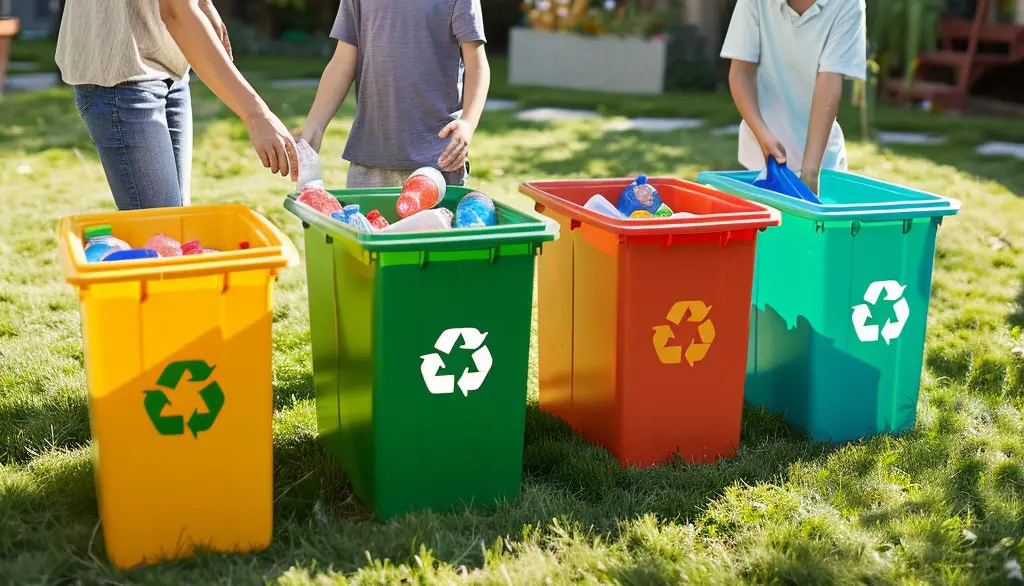
Learning how to store trash and recyclables properly requires special attention to recycling procedures. Here’s what you need to know:
Sorting and Organization
- Create separate bins for different materials (paper, plastic, glass, metal)
- Label containers clearly to prevent mixing
- Rinse containers before storage to prevent contamination
- Flatten boxes and crush cans to maximize space
Space-Saving Solutions
- Use stackable containers for different recyclables
- Designate a specific area in your garage or utility room
- Consider vertical storage solutions for smaller spaces
- Implement a regular schedule for recycling center trips
Advanced Storage Strategies
For those looking to optimize their waste management system, here are additional trash and recycling storage tips:
Temperature Considerations
- Store food waste in sealed containers or freeze until collection day
- Keep paper recyclables in a dry area
- Position bins away from direct sunlight to prevent odors
Safety Measures
- Store hazardous waste separately in locked containers
- Keep sharp items in puncture-proof containers
- Ensure proper ventilation in storage areas
- Use child-proof locks when necessary
How should trash and recyclables be stored in challenging spaces? Even with limited room, you can create an efficient system by:
- Using corner spaces effectively
- Installing pull-out drawer systems
- Utilizing vertical space with stacked containers
- Creating modular storage solutions
Maintaining Your Storage System
To ensure long-term success in how to store trash and recyclables, regular maintenance is essential:
- Clean containers regularly with eco-friendly cleaners
- Check for damage or wear on bins and containers
- Update labels as needed
- Adjust your system based on household needs
By implementing these guidelines and continuously refining your approach, you can create an efficient and environmentally responsible waste management system that works for your specific situation.
Remember, proper storage of trash and recyclables isn’t just about organization – it’s about contributing to sustainability while maintaining a clean and healthy living environment.
Detailed Recyclable Storage Guide

Understanding how to store trash and recyclables properly means knowing exactly what can be recycled. These trash and recycling storage tips will help you maximize your recycling efforts:
Items for Recyclable Storage:
- Paper Products:
- Newspapers and magazines
- Cardboard boxes
- Office paper and envelopes
- Paper bags
- Clean paper packaging
- Plastics:
- PET bottles (water, soda)
- HDPE containers (milk jugs, detergent bottles)
- Plastic containers marked #1-7
- Clean plastic food containers
- Metal:
- Aluminum cans
- Steel food cans
- Clean aluminum foil
- Metal jar lids
- Glass:
- Glass bottles
- Glass jars
- Clear and colored glass containers
Advanced Recyclable Storage Solutions:
- Install pull-out drawer systems with multiple compartments
- Use clear containers to easily identify contents
- Create a cleaning station near recycling bins
- Implement a color-coding system for different materials
- Use wall-mounted sorting systems to save floor space
- Install bin level indicators to prevent overflow
Remember, proper implementation of these storage solutions not only helps in maintaining an organized space but also ensures maximum recycling efficiency. The key to successful waste management lies in understanding how to store trash and recyclables separately while maintaining easy access for daily use.
FAQ's
What is the proper way to store garbage?
Garbage should be stored in closed, leak-proof containers, emptied regularly, and placed in designated outdoor bins.
How should trash and recyclables be stored in the food industry?
Trash and recyclables in the food industry should be stored in designated, covered containers, separated by type, and emptied frequently to prevent contamination and odors.

